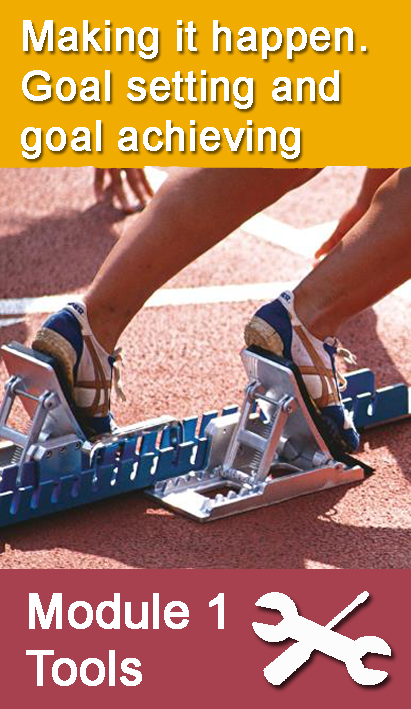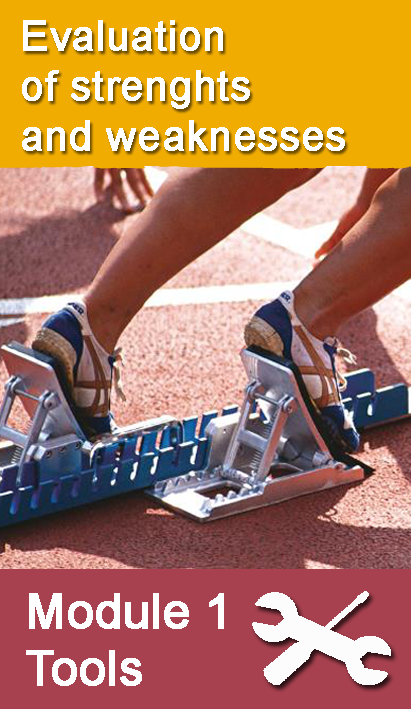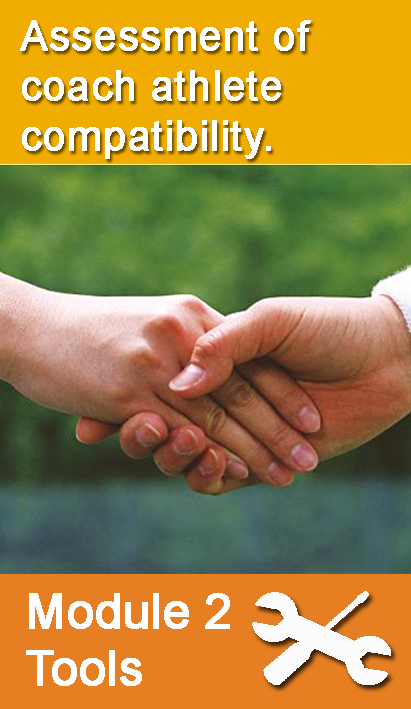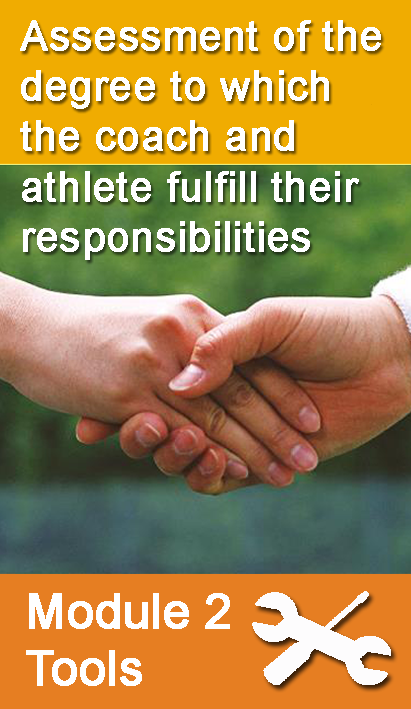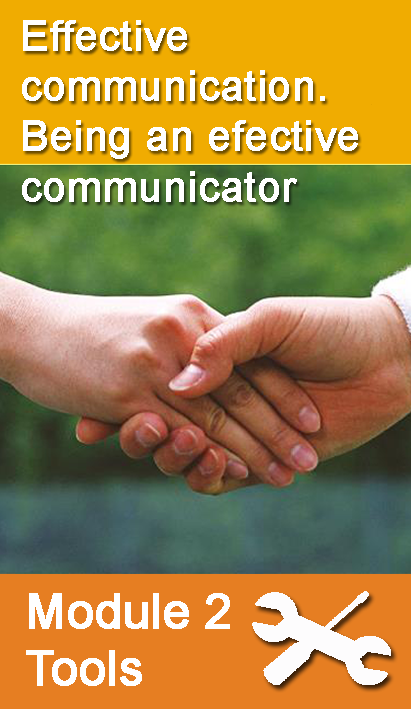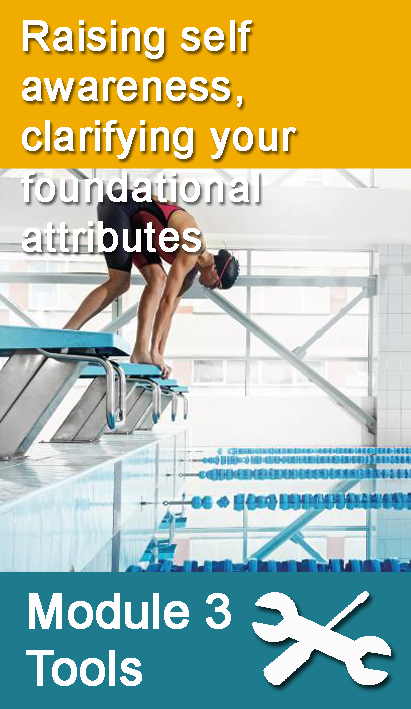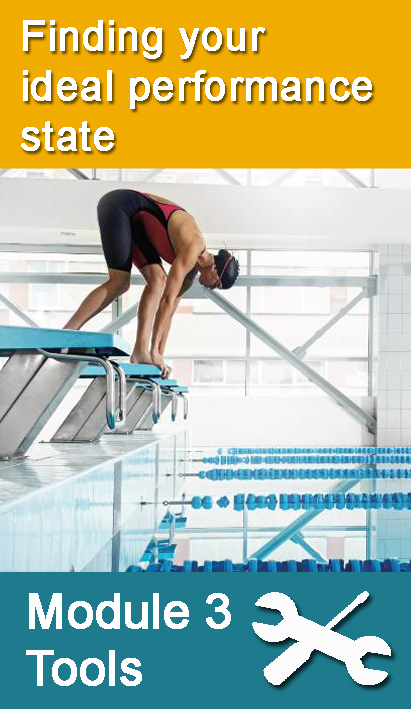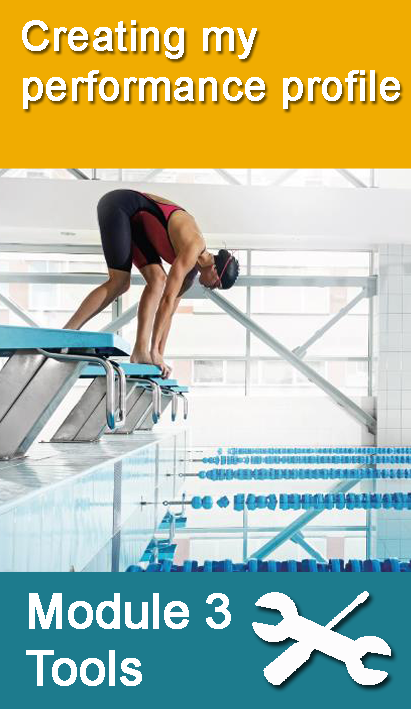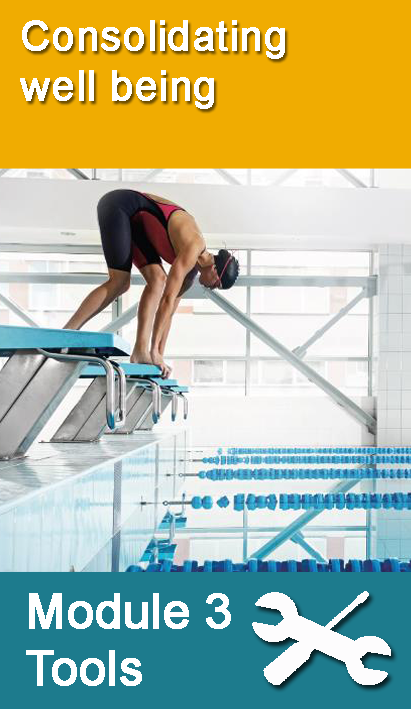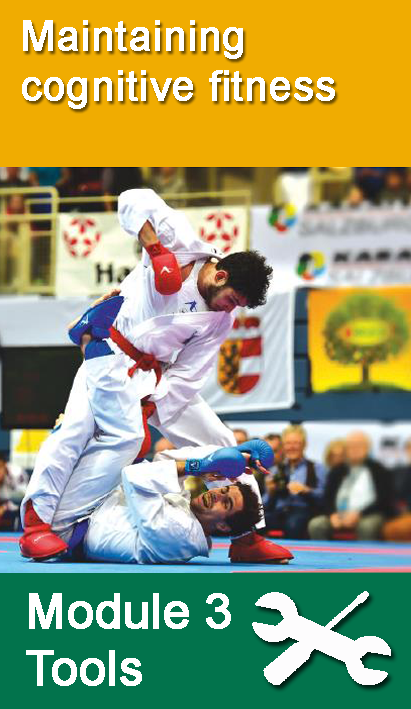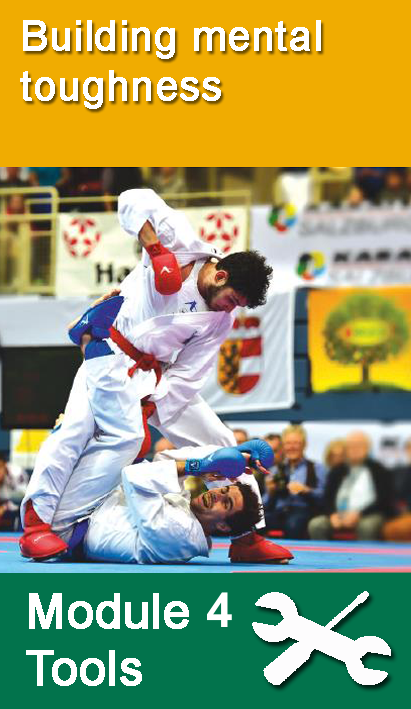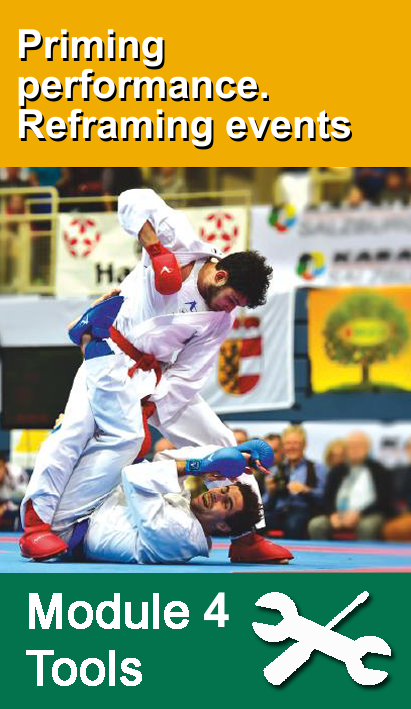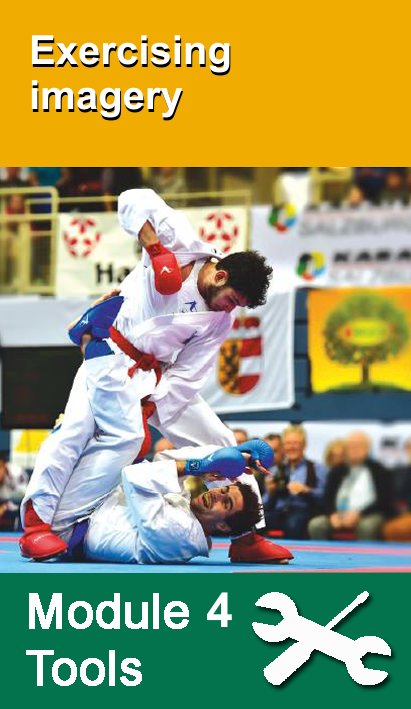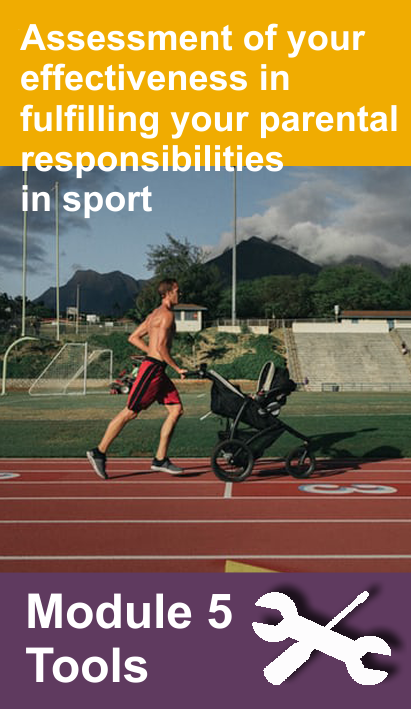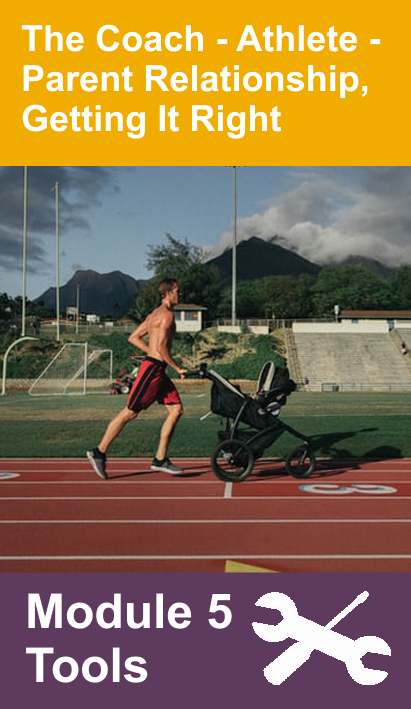Elite Feats Modules
Click on the black arrow to select the language for the module.
Elite Feats Independent Tools
Making happen. Goal setting and goal achievieng
In this exercise you’ll identify your goals, evaluate them using the goal check list. Establish a baseline, (where you are relative to your goal) and determine what you can do to reduce the gap between your baseline and goals and move closer to achieving your goals.
Knowledge, skills and resources audit
The knowledge audit enables you to: evaluate your common and specific knowledge of your sport, assess your level of understanding and identify any knowledge gaps. The skills audit identifies the core skills necessary for optimal performance in your sport, evaluates your level of ability on each skill and target skills for development. The resources audit, identifies the tangible assets you can use to improve performance and support you in achieving your goals
Evaluation of strengths and weaknesses
Simple and effective, you can use the strengths and weaknesses finder to get a realistic and balanced appraisal of your strengths and weaknesses.
Keeping the coach athlete relationship real. Assessment of coach athlete compatibility
In this exercise you will assess the degree to which you and your coach fulfill your responsibilities. Then use the coaching skills checklist to identify your coach’s skills. The results can serve as the basis for a meaningful development discussion with your coach.
Coach audit. Assessment of the degree to which the coach and athlete fulfill their responsibilities
In this exercise you will assess the degree to which you and your coach fulfill your responsibilities. Then use the coaching skills checklist to identify your coach’s skills. The results can serve as the basis for a meaningful development discussion with your coach.
Effective communication. Being an fective communicator
Whatever your sport, there are factors which will distinguish successful athletes from unsuccessful ones. If you aspire to be the best you can be and to reach your performance peak, you’ll need to understand what these factors are and be able to apply them in your respective sport. In this module you’ll discover the qualities and skills necessary for you to achieve peak performance and achieve your ideal performance state.
Raising self awareness, clarifying your foundational attributes
These are your specific attributes, those things that differentiate you from others. In this exercise you will raise self awareness: explore your personality traits, your motivational orientation, and philosophical beliefs about sport (and life).
Finding your ideal performance state
The key to staying at your peak is knowing the state in which you produce your best performance. In this exercise you will Identify your ideal performance state and the thoughts, feelings and behaviours you experience before and during a competition so that you can reproduce these to maintain high performance
Creating my performance profile
Here, you will build your understanding of the performance requirements of your sport and the psychological skills necessary for peak performance. You will identify the key qualities of your sport. Identify qualities you need to improve and create your own purpose built performance profile.
Consolidating well being (the foundation of sustained performance)
There is life beyond sport, for sustained performance you need to focus on and maintain well-being. In this exercise you will apply the PERMA model to determine practical ways to promote well-being and happiness.
Maintaining cognitive fitness
In this mental workout, you will learn how to tune into your thoughts, check for any distortions, negative thoughts or irrational beliefs and shape thinking to get your thoughts to work for you.
Scripting self talk (your performance dialogue)
Here, you will learn how to prime yourself for success, script performance prompts before and during competition to lift your mood, sharpen your focus, still nerves and boost confidence. You will also learn how to change your interpretation of events to help you succeed.
Building mental toughness
In this exercise you’ll come face to face with mental toughness, explore it’s elements and understand what it means in practical terms for you to be mentally tough. You will explore your motivation to succeed, how you respond to pressure, you’ll also create learning opportunities and actively promote a positive environment.
Priming performance. Refraiming events
Here, you will learn how to prime yourself for success, script performance prompts before and during competition to lift your mood, sharpen your focus, still nerves and boost confidence. You will also learn how to change your interpretation of events to help you succeed.
Exercising Imagery
The language of cognition is not just confined to thoughts. We also use and process images. We can put this to good use in sport by rehearsing images mentally to enhance performance and also accelerate recovery from injury. The great thing too is that you can use imagery wherever you are: you don’t need to be in the gym, the pool or on the track.
Assessment of your effectiveness in fulfilling your parental responsibilities in sport
How well do you fulfill your parental responsibilities in regard to your child’s development in sport? In this exercise you will evaluate yourself on those key qualities and behaviours that characterise a highly responsible parent and identify potential areas for development.
Respecting Your Child’s Basic Sporting Rights. Leveraging Your Own Experience In Sport
In this exercise questions are asked to evoke reflections and memories of your involvement in sports, your own parents’ roles, the outcome of your involvement in sport and the subsequent impact this had on you in other areas of life. This then provides a context against which you can interpret and better understand your child’s involvement in sport.
The Coach -Athlete - Parent Relationship. Getting It Right
When it comes to sport, your child has some basic rights which must be respected. Fulfillment of these rights is likely to lead to your child optimising their participation in sport. In this exercise you and your child have the opportunity to determine if you are respecting your child’s basic rights.
